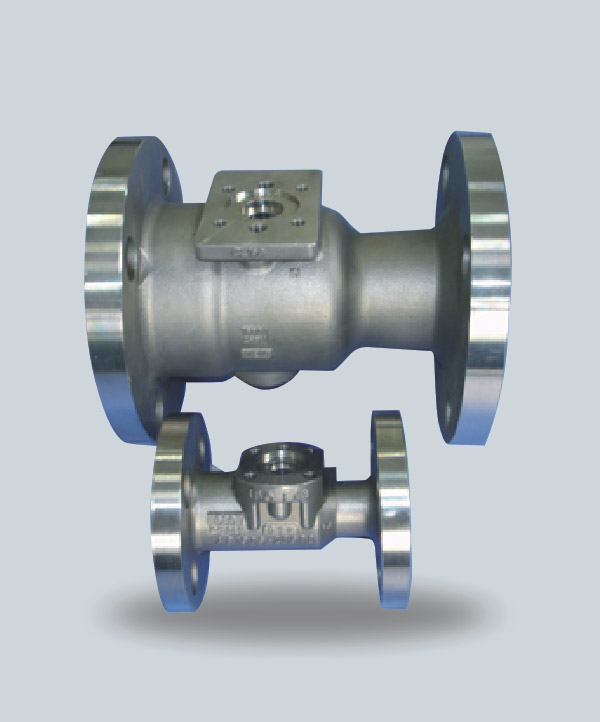1. What is a qualified precision casting?
The eligibility criteria for precision castings are: there are no sand oxide scales, flash edges and cast tumors on the surface of the castings. If there is a surface defect on the machined surface, the depth cannot be greater than 2 mm. If it is on a non-machined surface, the depth cannot exceed 1 mm. In addition, there are no linear defects and cracks in all of its parts. To meet these conditions, precision castings can be considered qualified.
2. Is the precision casting tempered in the heat treatment?
Carbon Steel Casting Valve Body, which are tempered, are generally heat treated. Its main purpose is to improve some properties of the casting to improve its performance and effectiveness. Therefore, in the selection of materials and the choice of forming process, it is reasonable to do so.
3. Why can OEM Casting Valve Body be thin-walled castings? And what is the reason for its drum kit and leaking molten iron?
Precision castings, which can be thin-walled castings, are due to the fact that during the precision casting process, the form is preheated at high temperatures, and the metal solidifies at a slower rate during casting, so it can be a thin-walled casting. As for the precision casting bulge and the leakage of molten iron, for specific reasons, there may be problems with the casting itself, such as insufficient strength of the mold shell, or problems with the adhesive used, which leads to the above problems.
